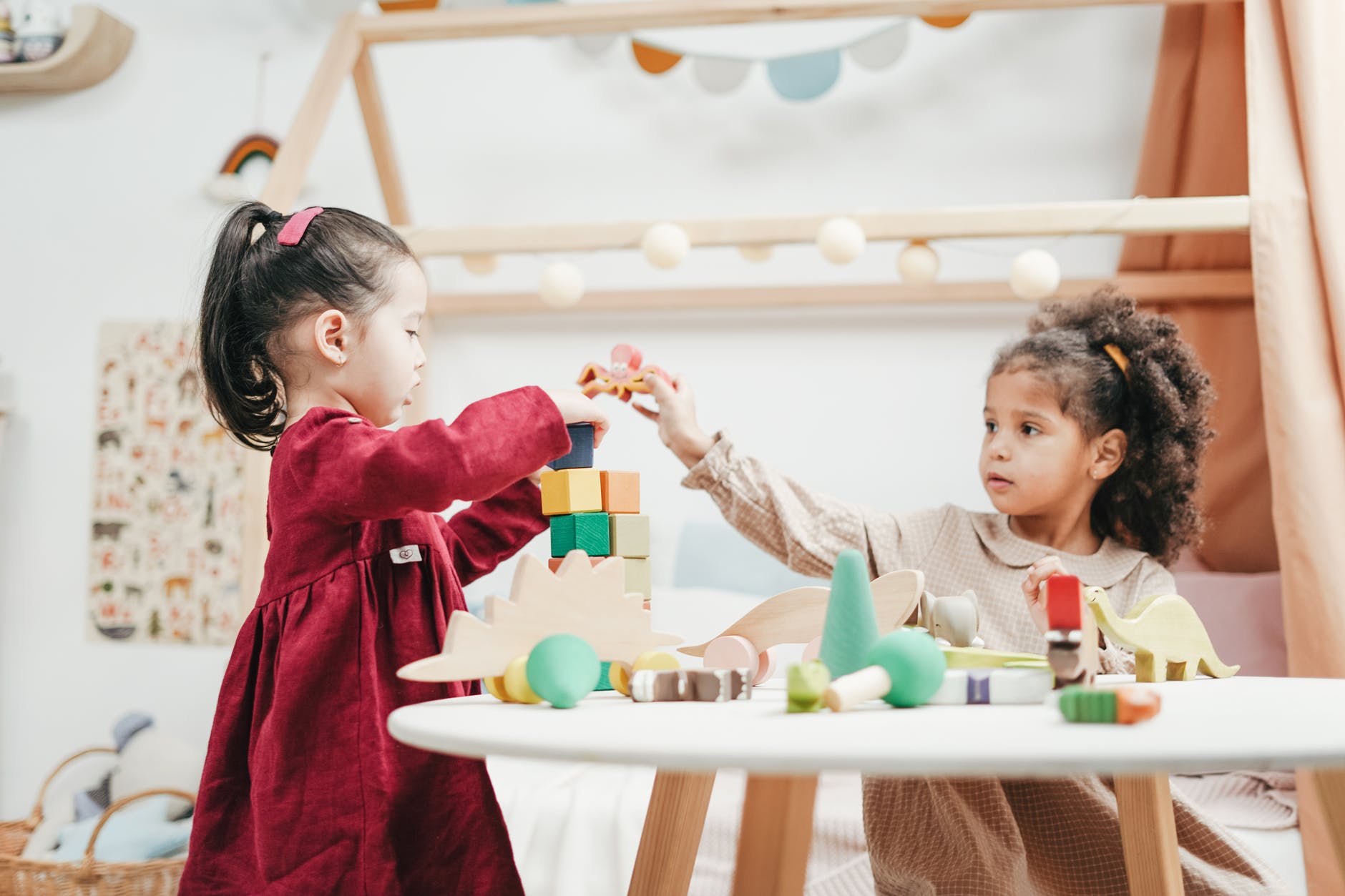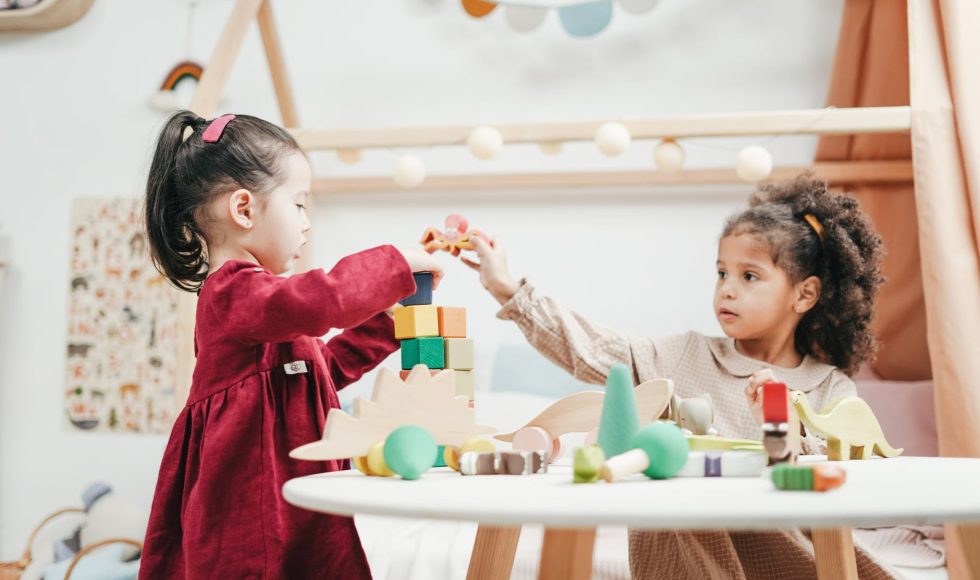We are almost finished with the Elon Teaching and Learning 2021 Conference recordings! The sessions have been great and address a variety of issues and emerging trends. Tonight, we watched a session entitled “Maintaining Transdisciplinary Training in Developmental Screening in the Time of COVID-19” presented by Katrina Fulcher-Rood, Associate Professor in the Speech-Language Pathology Department, SUNY Buffalo State College with contributing authors: Pamela Schuetze Ph.D., Professor, SUNY Buffalo State College, and Kathy Doody, Ph.D., Associate Professor, SUNY Buffalo State College. They presented on a service-learning project that they have been doing for “a while” and was reenvisioned during the pandemic. Students are in different locations. Fulcher-Rood defined transdisciplinary education using the World Health Organization definition: “students from two or more professions learning about, from, and with each other to enable effective collaboration and improve health outcomes.” This is similar to interprofessional education that I have learned about at previous Lilly conferences. Transdisciplinary education goes “beyond collaboration” and aims to develop a shared skill set: Fulcher-Rood emphasized that students can’t just divide up the tasks and they must work together. Fulcher-Rood shared that about how transdisciplinary collaboration can improve health outcomes and this experience teaches students how to solve problems. However, Fulcher-Rood mentioned that this type of instruction and training is limited. Doody works at the graduate level and explained how Schuetze works at the undergraduate level.
After attending a professional development session at a local university, Doody found partners and momentum to start this project. I thought it was nice to hear that they didn’t require major funding and supported the program over several years with smaller grants. As part of the project, the team implemented development screenings for young children. All three courses are taught in the spring, and they were able to connect them. The teams they created had representation from each discipline! Doody’s students became mentors since they were already working in the field as graduate students. The three instructors had different deliverables including presentations and research papers. They partnered since 2013 with Gerard Place, a residential facility with parents that have experienced an obstacle (addiction, homelessness). There is an online daycare and the participants were attendees of the facility. The second site was an early childcare center on Buffalo State’s campus. The populations of families from both sites were very different. Doody mentioned around 80% of children from Gerard Place have developmental delays. Schuetze prepared a professionalism handbook for students so that they can be successful participants. Each professor recorded a short video describing the expectations from each discipline. Doody also talked about how the scholarship that came out of this project helped them become tenured. To make sure teams were learning about each other, they came up with creative ways of getting them to interact: selfies together, group challenges, synchronous sessions. Fulcher-Rood explained how they have collected pre/post data and analyzed both quantitative and qualitative data. They have seen a statistically significant difference in comfort working with individuals from other disciplines in all three courses. They shared successes and ideas for improvement to encourage the participation of students from associated courses.
In March of last year, they switched to an online experience. Students watched pre-recorded videos to learn how to do a developmental screen based on videos from the first cohort. They were unable to work with their community partners, yet still were able to reach some of the major project objectives. Interestingly, students reported wanting more interaction. This sixty-minute session truly showed how all three instructors collaborated and worked well together. This would be critical to do a transdisciplinary project with multiple connections. I would love to be able to connect multiple BIT modules in a service-learning project. Maybe BIT 295 can start this process.



